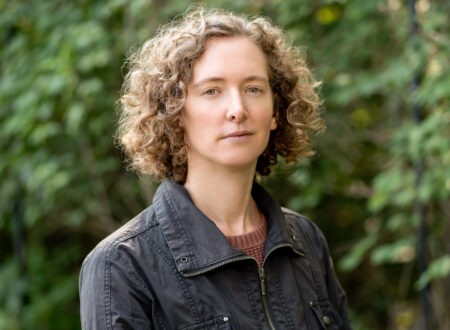OKT congratulates Asubpeeschoseewagong Netum Anishinabek – Grassy Narrows First Nation – on this historic milestone
In the 1960s, the pulp mill in Dryden, Ontario dumped 9 tonnes of mercury into the English-Wabigoon River, upstream of Grassy Narrows. It was never cleaned up.
50 years later, the Ontario government is finally committing to clean up the river and the associated mill site.
Research in the past year has found continued mercury contamination at the mill site, now owned by Domtar, and has also found that there is an ongoing source of mercury into the river.
Chief Simon Fobister welcomed the news, confirming that Premier Wynne promised that Grassy Narrows will lead the cleanup and that it would begin as soon as humanly possible.
“When our fish are safe to eat we will know that this promise has been kept,” Chief Fobister stated.
OKT congratulates Asubpeeschoseewagong Netum Anishinabek – Grassy Narrows First Nation – on this historic achievement.
We also think at this time of the many people from Grassy Narrows, past and present, who have suffered from mercury poisoning.
We are proud to work for Grassy Narrows on this critical issue. We look forward to seeing it through to real completion – when the people of Grassy Narrows can once again practice their culture and treaty rights freely, catching fish that are safe to eat.
by Judith Rae

Related Posts

Five Years of C-92: Progress Made and the Road Ahead for Indigenous Jurisdiction in Child and Family Services
Tuesday, April 22, 2025
An Act respecting First Nations, Inuit and Métis children, youth and families came into force over five years ago on January 1, 2020. It is frequently…
Read More...
Court of Appeal for the Northwest Territories Confirms Sahtú Communities Can Manage the Harvesting of Wildlife in Their Territory
Monday, January 20, 2025
The Court of Appeal for the Northwest Territories (the “Court of Appeal”) recently released a decision that confirms that communities in the Sahtú…
Read More...
First Nations Fight Canada in Court this Week Over Right to Safe Drinking Water
MONDAY, OCTOBER 7 – OTTAWA – Today Shamattawa First Nation and Chief Jordna Hill are in court against the Government of Canada over the right to safe drinking water…
Read More...

